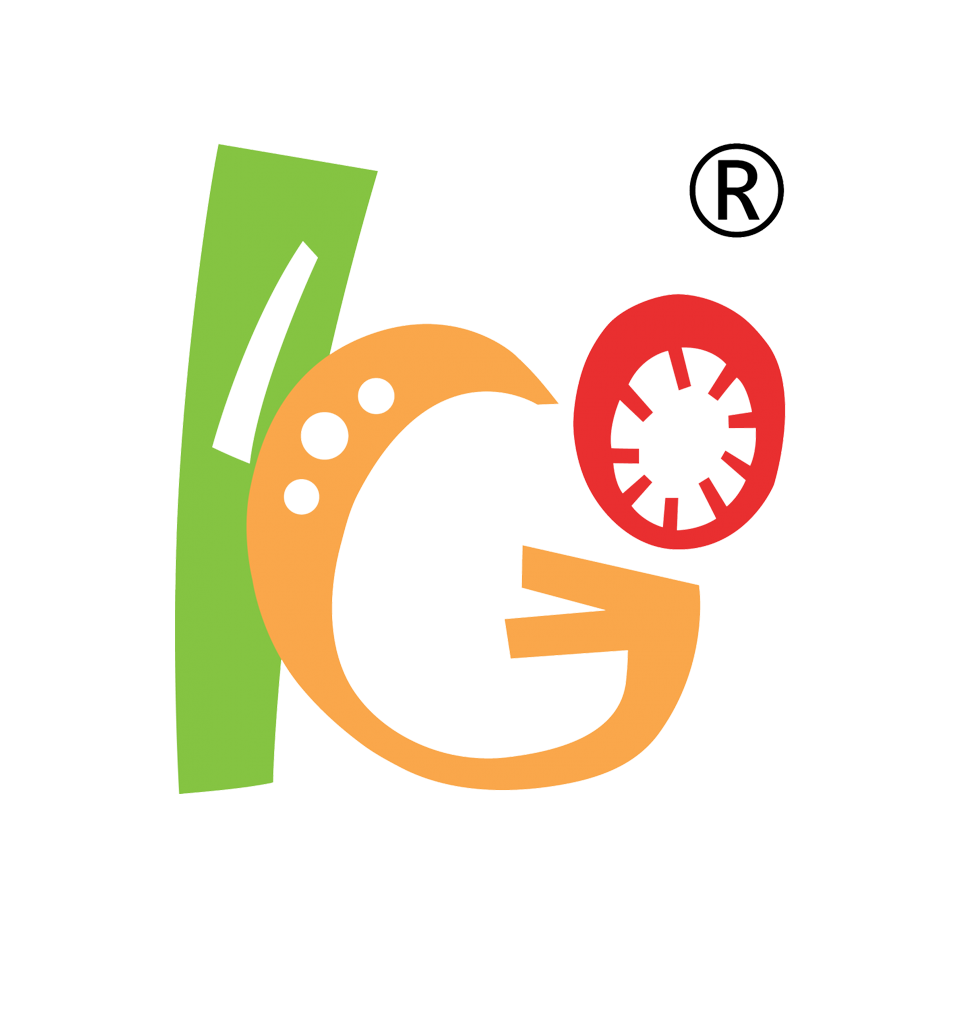
Stakeholders in the Sri Lankan apparel industry are making a concerted effort to create a sustainable domestic fabric supply base◇○. Despite the goods exported to the European Union (EU) being eligible for the generalised system of preferences (GSP+) benefit▲▼, the island nation is unable to meet the country of origin rule▷▽★=○. The available domestic fabric is only knitted fabric■◆◁.
The fabric capacity available is fully absorbed by the industry and as a result△☆,yoga fabric supplierrecycled nylon a part of the knitted and woven fabric requirement is being imported-•☆▪, Joint Apparel Association Forum (JAAF) general secretary Tuli Cooray said◇▲-◆◁.
The total annual import of fabric goes well beyond $2 billion▲○◁◇•. Whether GSP+ exists or not◁☆, having its own fabric base will ensure a sustainable apparel industry△★, Cooray was quoted as saying by a Sri Lankan newspaper▽□■=◇.
The proposal to set up a textile development park in Eravur has been recognised in the government manifesto○▪=▼▽.
A minimum of three plants will be promoted by JAAF■◆◇○…. China is looking for attractive sites for such investments★★,Elastic fabric for YOGA made of SEAQUAL recycled polyester blended with elastane,apparel Cooray said☆▪□▷○.
If the textile plants are given access to domestic markets■■☆△◇, the domestic apparel manufacturers can improve their delivery at a lesser cost△○, he added☆◆=.


